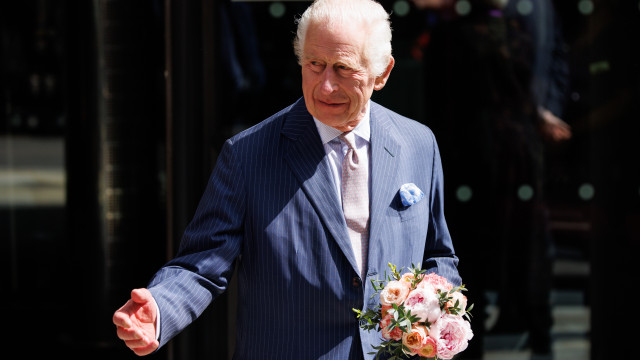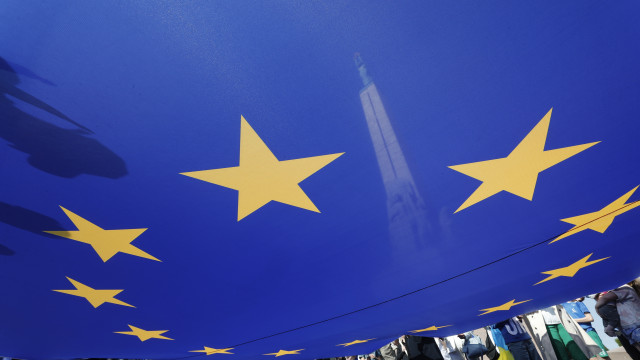May 7 is International Radio and Television Day. On this day in 1895, Alexander Popov presented his new discovery. He demonstrated for the first time before the Russian Physical Society in St. Petersburg an apparatus invented by him for the transmission and reception of electrical oscillations over great distances without a wire.
On May 7, 129 years ago in St. Petersburg, Alexander Popov showed his invention. The device had a coherer and an electric bell with a hammer, with which signals broadcast in Morse code were received. Popov's device made it possible for the first time to receive radio signals carrying information through radio waves and opened the way to the creation of other radio devices allowing practical use of radio waves. From one hall of the university building, Popov sends to another the words "Heinrich Hertz", which the chairman of the society reproduces on the blackboard.
Thus the name of Heinrich Hertz introduced the wireless transmission of messages at a distance. The fact that not only radio waves were broadcast, but information was transmitted through them, is the basis of Popov's claim to be the discoverer of radio. In 1899, he added a telephone handset to the device and created the possibility of aural reception of signals. In 1907, according to a contract between the Bulgarian and Russian governments, the first Bulgarian wireless telegraph began operating near the village of Franga (now Kamenar), north of Varna.
In the summer of 1911, a radio station began operating on board the cruiser "Nadezhda", and on May 1, 1912, the first Bulgarian coastal radio station near the village of Franga, "which served to receive and transmit telegrams from abroad and Bulgaria, entered regular operation ". Subsequently, the radio entered mass use in Bulgaria as well, becoming one of the main means of telecommunications.
In many countries, however, Popov's first discovery is contested at the expense of the Italian Guglielmo Marconi, winner of the Nobel Prize for Physics in 1909. But his name was also associated with membership in Mussolini's fascist party. /BGNES







